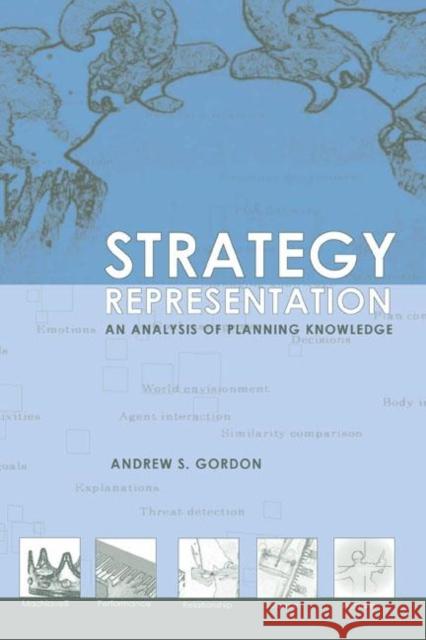Strategy Representation: An Analysis of Planning Knowledge » książka
Strategy Representation: An Analysis of Planning Knowledge
ISBN-13: 9780805845273 / Angielski / Twarda / 2003 / 360 str.
Strategy Representation: An Analysis of Planning Knowledge
ISBN-13: 9780805845273 / Angielski / Twarda / 2003 / 360 str.
(netto: 720,05 VAT: 5%)
Najniższa cena z 30 dni: 654,86
ok. 16-18 dni roboczych.
Darmowa dostawa!
This volume describes an innovative methodology for investigating the conceptual structures that underlie human reasoning. It explores the nature of planning strategies - the abstract patterns of planning behaviour that people recognize across a broad range of real world situations - and catalogs 372 strategies across ten different planning domains: business practices, education, object counting, Machiavellian politics, warfare, scientific discovery, personal relationships, musical performance, and the anthropomorphic strategies of animal behaviour and cellular immunology. Noting that strategies often serve as the basis for analogies that people draw across planning situations, this work attempts to explain these analogies by defining the fundamental concepts that are common across all instances of each strategy. By aggregating evidence from each of the strategy definitions provided, the representational requirements of strategic planning are identified. are of incredibly broad scope. Nearly 1,000 fundamental concepts are identified, covering every existing area of knowledge representation research and many areas that have not yet been adequately formalized, particularly those related to common sense understanding of mental states and processes. An organization of these concepts into 48 fundamental areas of knowledge and representation is provided, offering a roadmap for progress within the field.











